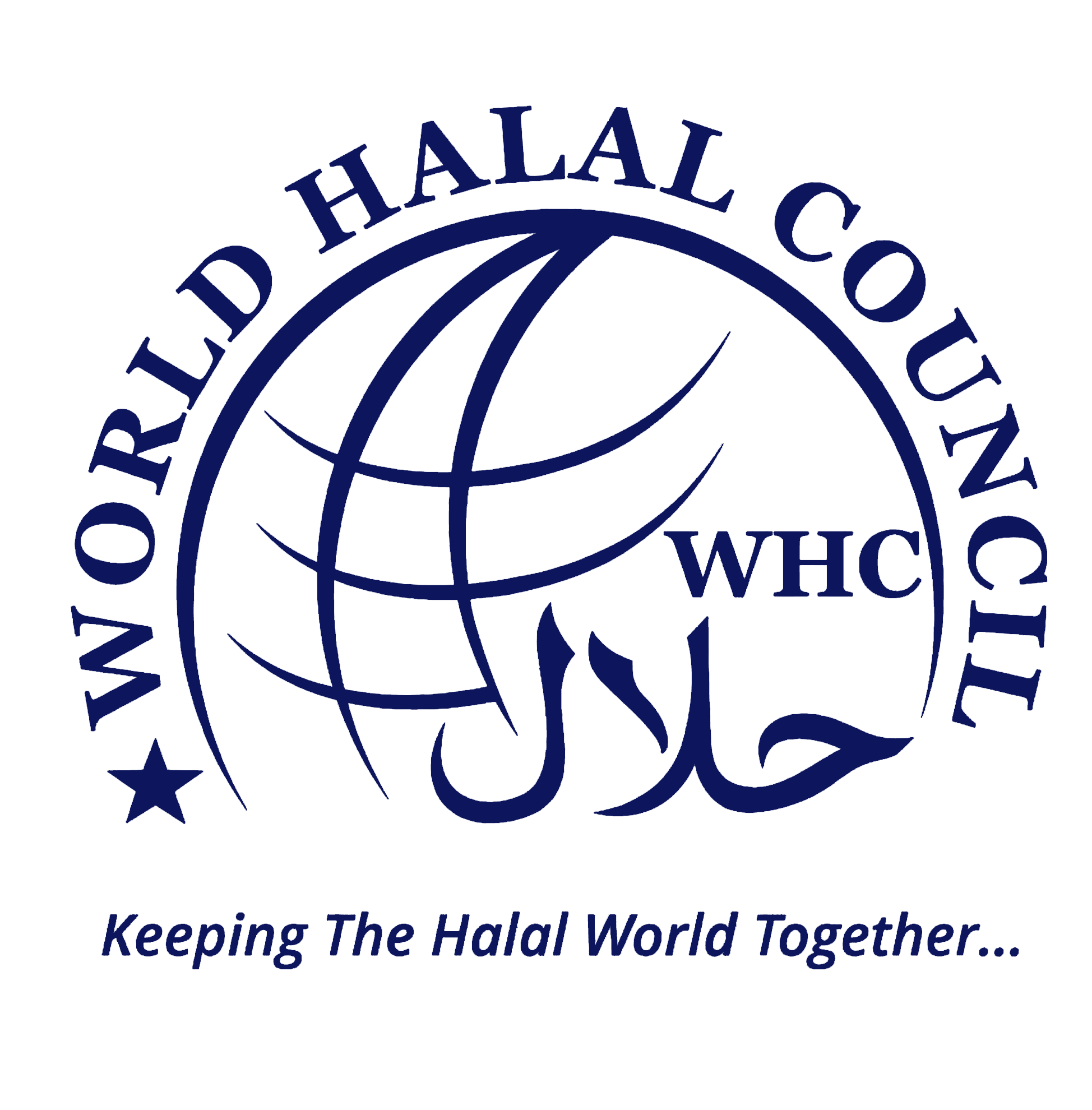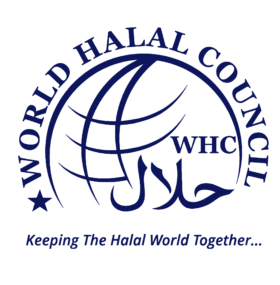15th International Halal and Tayyib Products Conference of GİMDES consists of 7 different sessions. The topics to be covered in the sessions and their explanations are presented below for your information.
First session: “The Importance of Halal and Tayyib Conditions in Global Halal & the Opportunity for Halal Certification Bodies to Meet at a Common Standard”
With the development of technology and industry, different production techniques and additives have been used. The fact that these production techniques and the inputs used are Halal and Tayyib is an order of Allah Almighty to Muslims and even to all humanity. Therefore, the need to consume Halal and Tayyib food is an issue that concerns all humanity. On the other hand, since the beginning of Halal certification studies, many certification institutions have been opened in the world and have been operating by creating their own standards.
In the 1st session, the problems caused by the independence of the certification standards of these certification bodies, the necessity of meeting a single standard and whether it is possible or not will be discussed.
Second session: “Requirements of Halal Conditions in Cosmetics”
Cosmetics and personal care products are used by people of all ages. It is essential that these products, which we take into our bodies from infancy until death, are Halal and Tayyib. Although it is a very important sector for Muslims, to what extent does today’s cosmetic products meet the Halal and Tayyib requirements?
In the 2nd session, the issues to be considered in the production of Halal and Tayyib cosmetics and their requirements will be discussed.
Third session: “To What Extent do Margarine-Type Oils and Artificial Meats Meet the Requirements of Being Halal and Tayyib?”
Using technology, we can change the structure of our food. For example, unsaturated fatty acids can be converted to saturated fatty acids by chemical processes, or living animal cells can be grown by in-vitro method. As with every technological development and discovery, we should look at these production techniques from the perspective of Islam and evaluate them accordingly.
In the 3rd session, margarine type oils and artificial meats will be examined from the perspective of Halal and Tayyib.
Fourth session: “Evaluation of GMO Technology in Terms of Halal and Tayyip”
The definition of Genetically Modified Organism emerged with the claim that by increasing production all over the world, it would end hunger and lead to a more prosperous life. However, it has not been observed that the use of GMO technology fulfills its claim and effect other than the reduction of product diversity and the deterioration of human health.
In the 4th session, Genetically Modified Organisms and their consumption will be examined from an Islamic perspective.
Fifth session: “Modern Medicine and Islamic Treatment”
From past to present, people have been sick for various reasons and many treatment methods have been applied. To what extent are modern medicine and treatment methods suitable for Muslim life? To what extent are the treatment methods applied in the past centuries and the Prophetic treatment methods applied by our Prophet, Sallâllâhu ‘alaihi wa sallam, compatible with modern medicine?
In the 5th session, modern medicine and traditional treatment methods will be examined from the perspective of Islam while seeking solutions to humanity’s diseases.
Sixth session: “Benefits of Halal Tourism to the Economy and Social Structure”
With the increase in the level of social welfare and the increase in the number of people living in the metropolitan areas, the need for tourism has also increased. To what extent is the understanding of service in the tourism sector suitable for a Muslim who has adopted an Islamic lifestyle? Is it possible for tourism to be subject to Halal and Tayyib standards?
In the 6th session, the requirements of Halal and Tayyib tourism and the social and economic benefits of applying these standards will be discussed.
Seventh session: “Condition of Adulteration and Fiqh Provisions in Food and Supply”
The greed to earn more money and moral weaknesses may cause cheating in production. How can the detection and prevention of adulterated products be ensured? In which products is adulteration more common?
In the 7th session, the measures taken by Islam about adulteration and the provision of adulteration will be discussed.
On behalf of WHC, DHV and GIMDES, I take great pleasure in expressing my gratitude to all our respected masters who accepted our request to present papers at our international conference on November 10-11, 2023. May Allah (swt) be pleased with you all and reward you with heaven.
Dr. Hüseyin Kâmi Büyüközer


